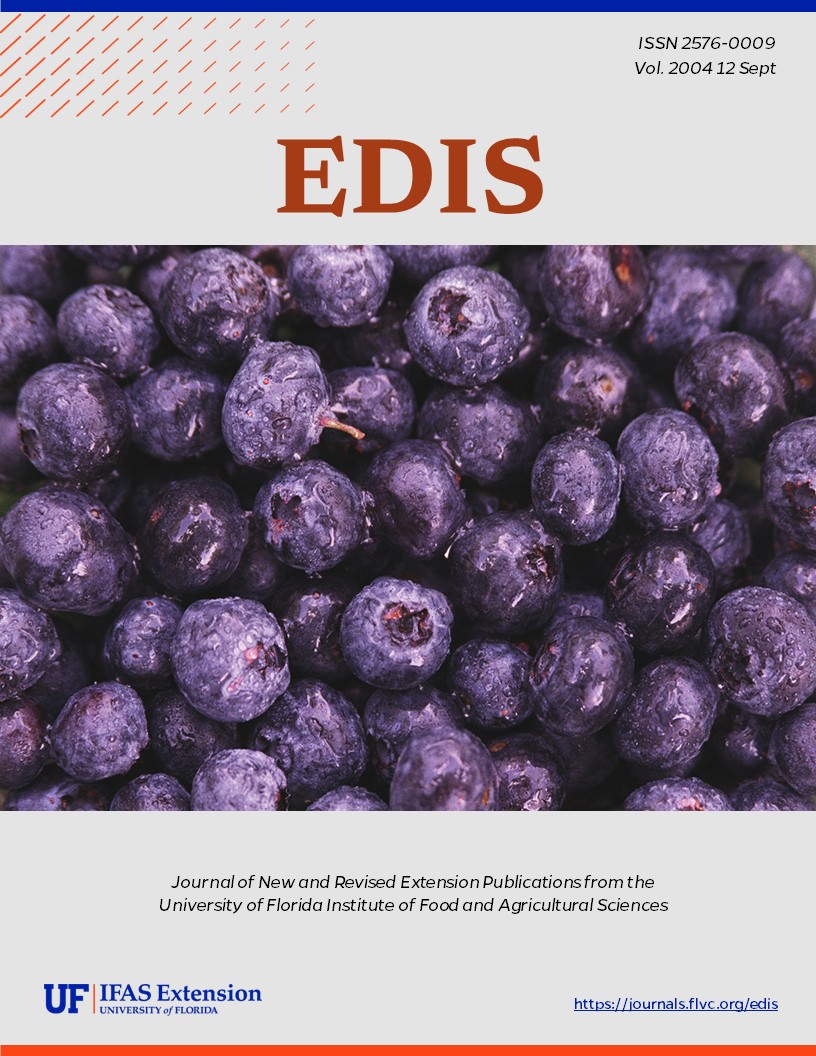Abstract
One of the reasons for the food scarcity in Cuba, especially that related to perishable and non-perishable agricultural product wastes, falls on Acopio, the state collection and distribution agency. This fact sheet summarizes the role of this state agency since the early days of the Cuban revolution along with its inefficiencies and reorganizations. This is EDIS document FE484, a publication of the Department of Food and Resource Economics, Florida Cooperative Extension Service, UF/IFAS, University of Florida, Gainesville, FL. Published July 2004.
FE484/FE484: ACOPIO: Cuba's State Procurement and Distribution Agency (ufl.edu)
References
Alvarez, José. 2004. Cuba's Agricultural Sector. Gainesville, FL: University Press of Florida.
Carriazo, George. 1994. Cambios Estructurales en la Agricultura Cubana: La Cooperativización. Economía Cubana - Boletín Informativo 18 (November): 14-29 (Centro de Investigaciones de la Economía Mundial).
Deere, Carmen Diana, and Mieke Meurs. 1992. Markets, Markets Everywhere? Understanding the Cuban Anomaly" World Development 20 (6): 825-839. https://doi.org/10.1016/0305-750X(92)90054-Y
Deere, Carmen Diana, Niurka Pérez, and Ernel González. 1994. The View From Below: Cuban Agriculture in the 'Special Period in Peacetime.' Journal of Peasant Studies 21 (2): 194-234. https://doi.org/10.1080/03066159308438545
Duyos, Oscar. 1964. Los Problemas Actuales del Acopio y los Precios de Compra de los Productos Agrícolas. Cuba Socialista 4 (43, March): 66-78.
Enríquez, Laura J. 1994. The Question of Food Security in Cuban Socialism. Berkeley, CA: International and Area Studies, University of California.
Figueroa Arbelo, Víctor, and Luis A. García de la Torre.1984. Apuntes Sobre la Comercialización Agrícola no Estatal. Economía y Desarrollo 83: 34-61.
García Alvarez, Anicia, Isis Mañalich Gálvez, Nieves Pico García, and Nancy A. Quiñones Chang. 1997. La Sustitución de Importaciones de Alimentos: Una Necesidad Impostergable. Segunda Parte. Cuba: Investigación Económica 3(1, January-March): 1-49.
García Luis, Julio. 1994. Nuevas Perspectivas del Desarrollo Campesino. Servicio Especial de Prensa Latina, May 27.
González Jordán, Benjamín. 1995. La Agricultura Cubana: Un Balance Crítico. Economía y Desarrollo 118 (2, December): 81-97.
Hernández, A., and D.C. Drummond. 1984. A Study of Rodent Damage to Food in Some Cuban Warehouses and the Cost of Preventing It. Journal of Stored Products 20(2): 83-86. https://doi.org/10.1016/0022-474X(84)90013-4
Orozco, Román. 1993. Cuba Roja - Cómo Viven los Cubanos con Fidel Castro. Madrid, Spain: Información y Revistas S.A. Cambio 16.
Pagés, Raisa. 2001. Más Alimentos Pero Aún Siguen Drenando el Bolsillo Familiar. Granma Internacional, August 4.
Pérez Marín, E., and E. Muñoz Baños. 1991. Agricultura y Alimentación en Cuba. La Habana: Editorial de Ciencias Sociales.
Pérez Villanueva, Omar Everleny. 2000. La Reestructuración de la Economía Cubana: El Proceso en la Agricultura. In La Ultima Reforma Agraria del Siglo - La Agricultura Cubana Entre el Cambio y el Estancamiento, edited by Hans-Jürguen Burchardt, pp. 71-105. Caracas, Venezuela: Editorial Nueva Sociedad.
Raúl Castro Critica a Ministro por Derroche en Dura Carta Abierta. 1996. El Nuevo Herald, May 27, p. 9A.
Torres, Cary, and Niurka Pérez.1994. Mercado Agropecuario Cubano: Proceso de Constitución. Economía Cubana - Boletín Informativo 18 (November): 29-42 (Centro de Investigaciones de la Economía Mundial).
Unless otherwise specified, articles published in the EDIS journal after January 1, 2024 are licensed under a Creative Commons Attribution-NonCommercial-NoDerivs 4.0 International (CC BY-NC-ND 4.0) license.

